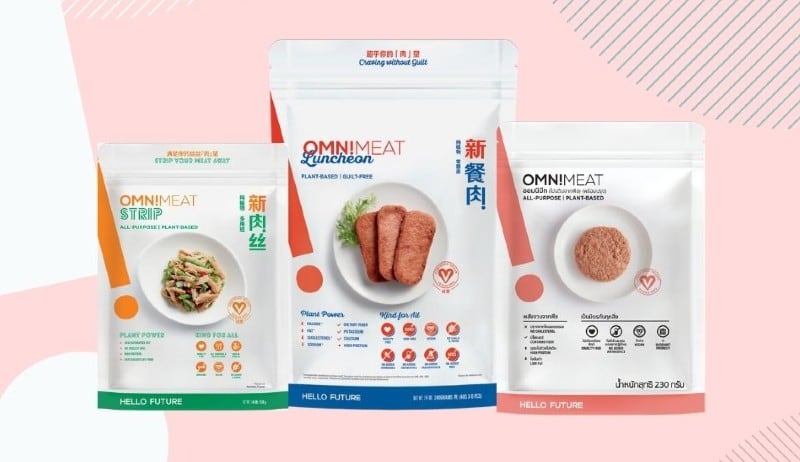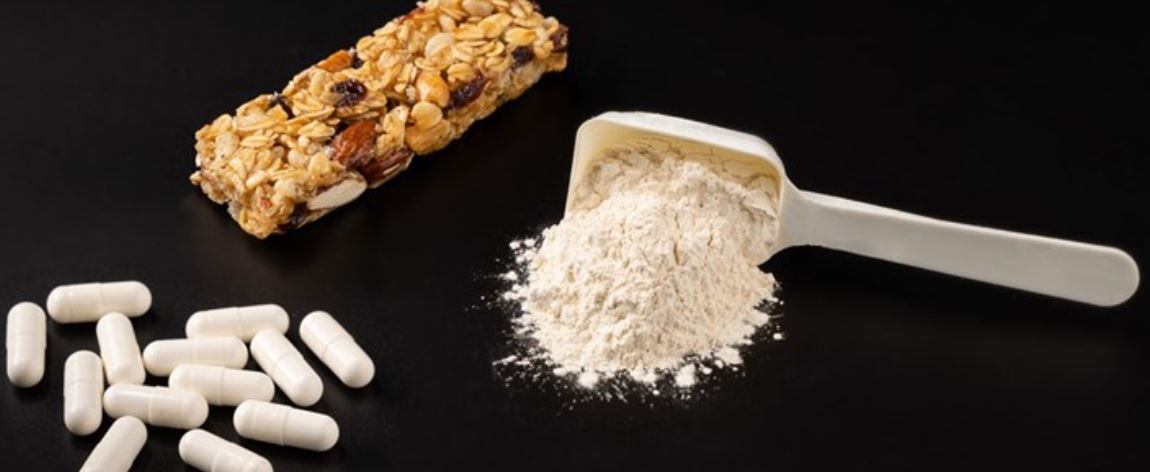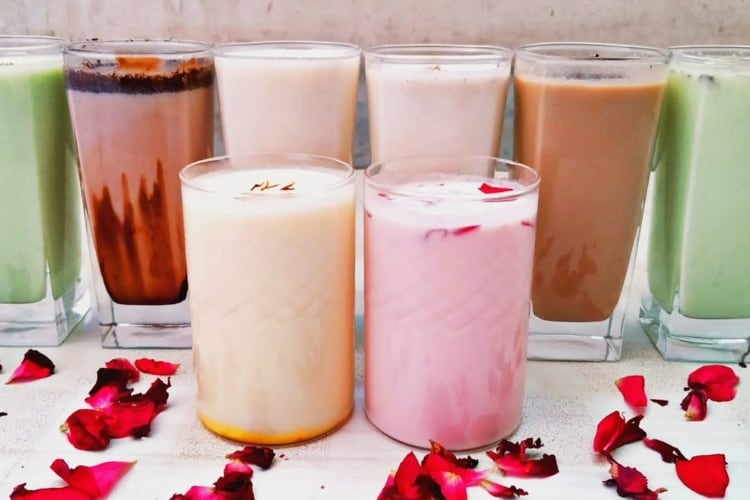Radicle is a portfolio of plant based food solutions that helps to create and deliver products that are nutritionally optimised with cleaner labels, authentic taste and texture.
It has been in use in Europe and North America over the past few years, and was launched officially in December 2020 in APMEA.
Kerry hopes to increase communication of Radicle starting from March 2021.
In an interview with FoodNavigator-Asia, Claire Sullivan, strategic marketing director for food and meat at Kerry APMEA, said the company saw huge opportunities in the meat and dairy alternative sectors in this region.
According to her, the firm has since been working with food service customers in Australia, the Philippines, Singapore and South Korea with the Radicle portfolio.
It is also working with meat processors in Australia and Thailand who are extending into plant protein, as well as with retailers looking at extending their range of plant-based offerings.
Taste trends
Meanwhile, in the taste space, the company is honing in on the trends identified in its 2021 APAC Taste Charts.
The chart showed that classic flavours such as cheese and BBQ remained mainstream while flavours inspired by experiences continue to bring new and exciting taste experiences to consumers.
“Increasingly, we see hot & spicy flavours like Sichuan mala, habanero chili, chipotle chili and cayenne pepper, as well as miso and kimchi flavours in snacks. We think flavour trends in snacks are inspired by the eating experiences we have in South East Asia whether that’s through restaurants or street food,” said Olive Bai, marketing manager at Kerry APMEA.
Sullivan added that cheese flavours were also growing in popularity in Asia.
“Across all parts of Asia, the demand of cheese texture, creaminess and taste varies. It’s interesting to see consumers in Asia getting very specific about cheese type.”
Proactive nutrition
While taste is still the top factor for consumers, demand for healthier, clean label, trusted, traceable, environmentally and ethically sustainable food and beverages continue to grow, accelerated by the COVID-19 pandemic.
Bai pointed out that healthy snacking and better-for-you beverages was on the rise, spurred by governments in the region calling for the reduction of sodium and sugar.
“You won’t automatically associate snacks with being healthy, however we have seen rising applications like nuts, seeds and snacks containing added probiotics.”
In addition, the COVID-19 pandemic has driven consumers to seek products with added functional ingredients such as protein, vitamins, minerals, probiotics for health benefits like immunity.
Sustainability mission
The company has also made sustainability investments in Asia, specifically for its India and Indonesia sites, which includes sustainable sourcing and renewable electricity.
Globally, it hopes to use reusable, recyclable or compostable plastic packaging by 2025, halve food waste by 2030 and divert all waste from landfill, as well as sustainably sourcing all priority raw materials by 2030.
The ultimate goal is to reach more than two billion people with its sustainable nutrition solutions by 2030.
Aside from that, the company is also developing its food protection and preservation portfolio, especially in terms of natural preservation systems where there is demand in Asia.




